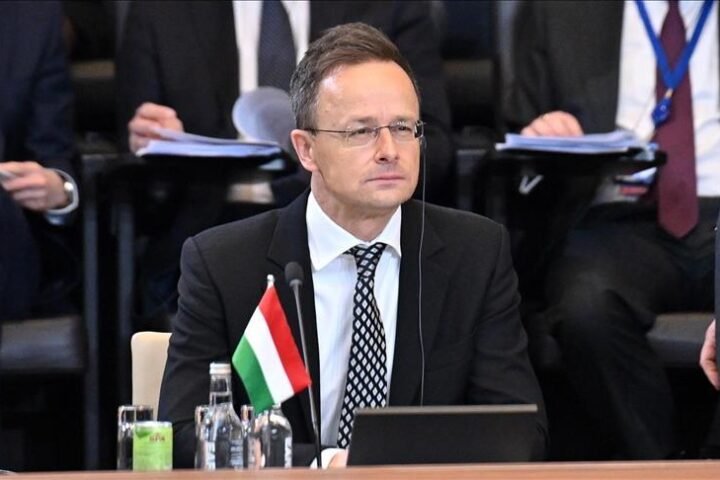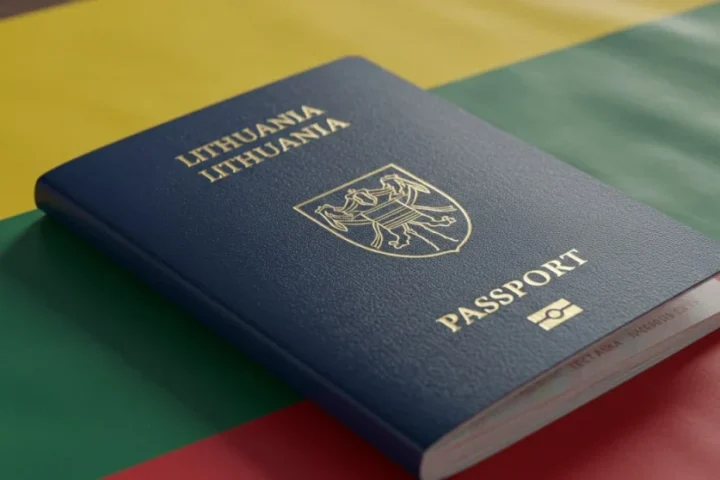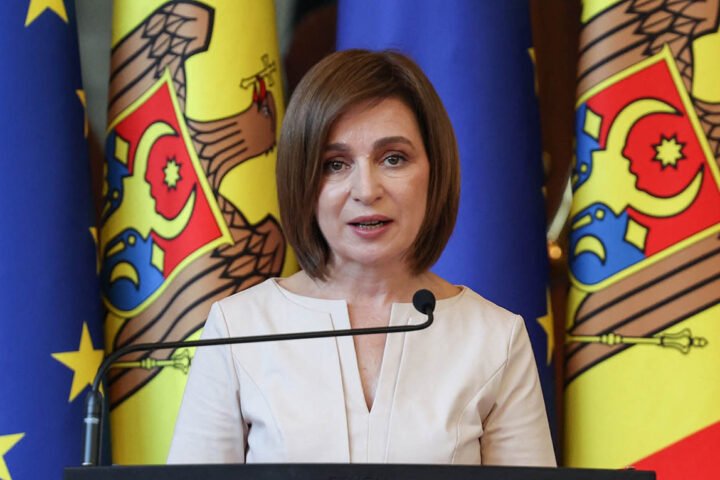Russian lawmakers have approved new legislation penalizing individuals for intentionally searching extremist content online, drawing sharp criticism from civil society and digital rights advocates. The proposed amendments, passed in their second reading by the State Duma on July 17, would impose fines of up to 5,000 rubles (about $55) for users who deliberately access banned materials — even when using VPN services. The move is seen by critics as another step in the Kremlin’s systematic push to establish sweeping digital surveillance mechanisms.
Authorities scramble to contain fallout after public outcry
The proposed changes, which target material listed in the Ministry of Justice’s register of extremist content — currently comprising more than 5,500 entries — sparked intense backlash from Russian citizens and online commentators. The government, caught off guard by the scale of public anger, launched an urgent campaign to clarify the bill’s intent and mitigate fears of indiscriminate repression.
In an attempt to calm the uproar, Kremlin spokesperson Dmitry Peskov called on legislators and public figures to offer explanations, stating the bill had been misinterpreted. However, skepticism remains widespread. In a detailed report by The Moscow Times, critics warned that the legislation could set a precedent for mass surveillance under the guise of combating extremism.
Deputy Anton Gorelkin, one of the amendment’s key sponsors, told Interfax that the use of VPNs alone would not trigger legal action. However, if a VPN is used while committing a crime, it would be considered an aggravating factor. He stressed that Russia does not plan to criminalize VPN use per se. Yet observers view this distinction as legally ambiguous and potentially open to abuse.
Legal vagueness and fears of mass surveillance
Experts and opposition figures argue that the vague criteria for “intentional searches” could give authorities sweeping discretion to monitor and punish citizens based on online activity. The proposed law arrives alongside other legislation expanding law enforcement access to user data — including browsing history, purchases, financial transactions, and private messages — raising fears that a comprehensive system of digital policing is being quietly built under the radar.
The amendments, if adopted in final reading, will grant law enforcement further leverage to pursue “thought crimes” under Russia’s expanding extremism legislation. Journalists, academics, and analysts warn the new measures could devastate independent research and monitoring of extremist trends, since even legitimate analysis might be classified as illegal content consumption.
Many observers see the initiative as a continuation of what they describe as a “digital Gulag” model — a system where dissent, curiosity, or even unintended clicks could lead to administrative or criminal consequences. Critics note that similar patterns of repression were seen during controversial reforms such as the pension age hike or the introduction of wartime censorship — often preceded by official denials and vague reassurances.
Beyond censorship: control, deterrence, and fear
Digital rights advocates warn that the Kremlin’s efforts to police what citizens read or search online have chilling implications for freedom of thought and access to information. While officials claim the law targets those who seek out extremist propaganda, critics argue it could be used to deter people from seeking alternative viewpoints altogether — even out of curiosity or academic interest.
Several legal analysts point out the contradiction with Russia’s own constitution, which formally prohibits censorship and guarantees freedom of information. Yet the new law, they say, introduces a de facto presumption of guilt for anyone exploring politically sensitive topics online — especially if done repeatedly or through encrypted tools like VPNs.
Public frustration over the law reflects deeper distrust in Russian institutions. As one commentator noted, government efforts to reassure citizens that police won’t be checking their phones are often interpreted as proof that such checks are imminent. The law, they argue, is not just about prosecuting digital behavior — it is a signal that personal autonomy in the information sphere is being dismantled.










